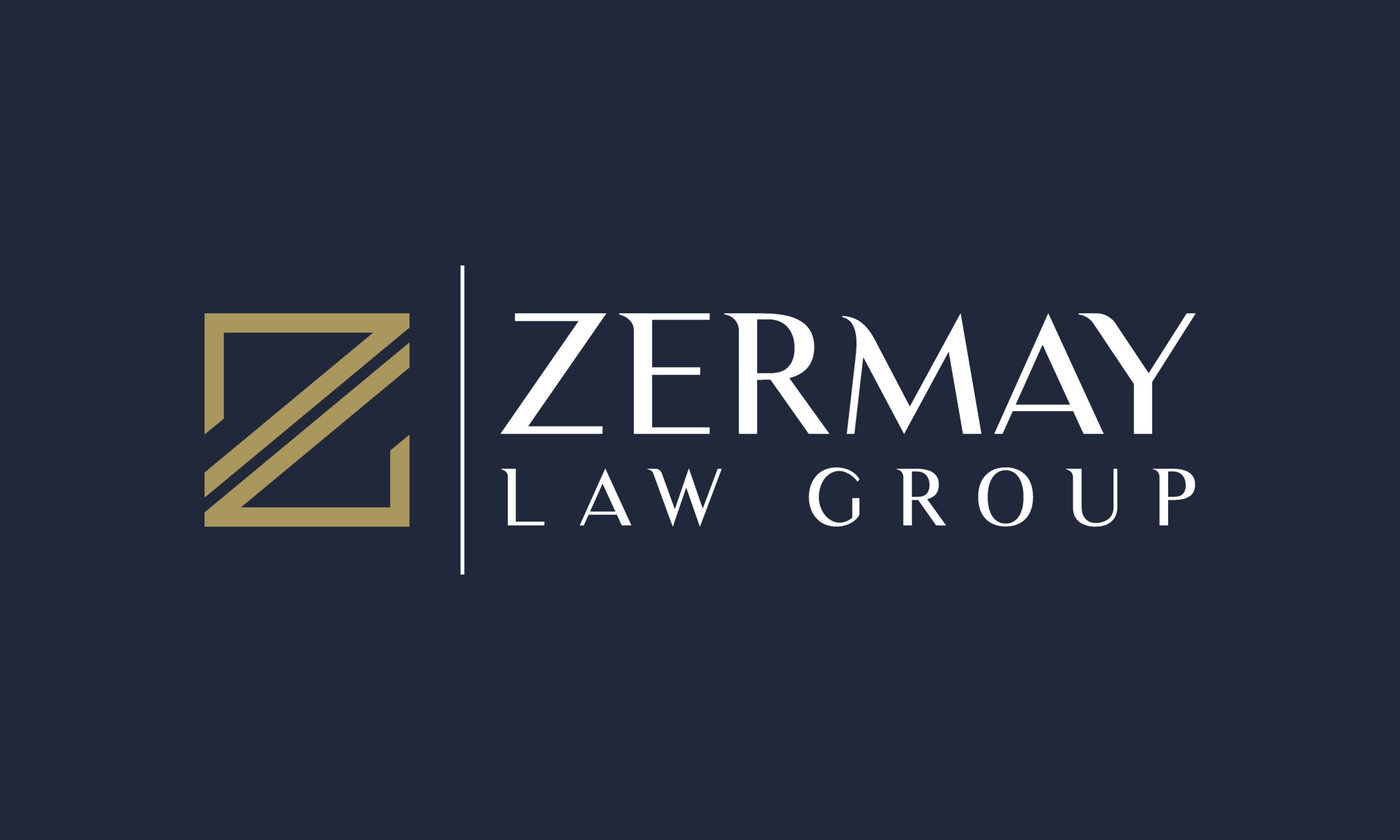Paying Debts From an Estate
To summarize, when a person dies, their debts are usually paid from their estate. The executor of the estate oversees the payment of debts and claims from the assets of the estate, but is usually not personally liable for them. Some debts may not need to be repaid by the estate, such as debts attached to a certain asset, credit card debt in some situations, and forgiven student loan debt. Medicaid benefits for which the state is seeking reimbursement may or may not be due depending on the circumstances. Creditors can make informal or formal claims on the estate, and a deadline is provided for creditors to make formal claims during the probate process. If the estate does not contain enough funds to pay debts, assets may need to be sold to generate funds, and state law will determine which debts have priority. The executor may be personally liable for certain debts, such as those they cosigned for or held jointly with the decedent, or if their careless handling of the estate’s assets caused them to lose value. The surviving spouse may also be responsible for certain debts depending on how they held the property and the law in their state.Did You Know?
Medicaid is a joint federal and state program that provides health coverage to low-income individuals and families, and the program also covers long-term care costs for eligible individuals. When a Medicaid recipient passes away, the state may seek reimbursement for the benefits paid on the individual’s behalf from their estate. However, there are certain situations where the state may not be able to collect reimbursement, such as if the deceased left behind a spouse or dependent child, or if it would cause an undue hardship. The rules surrounding Medicaid reimbursement can vary by state, so it’s important to consult with a local attorney if you have questions about your specific situation.
Formal and Informal Claims
Creditors may make informal claims on an estate by sending bills to the executor, which can be paid without any special steps. However, in some cases, a creditor may make a formal claim during the probate process. In such cases, the executor is required to notify the creditor of their right to make a claim, and the probate court or state law may provide a deadline for creditors to make formal claims or dispute the executor’s decision not to pay a claim. It’s worth noting that sometimes a creditor may also make a claim against a beneficiary, as estate debts transfer to them in proportion to what they inherited, although this is uncommon.
Issues Involving the Payment of Claims
You may wonder what to do if the estate does not contain enough funds to pay debts. This may require selling assets to generate funds, which is a reason to wait to distribute property until you know that you have enough money to cover debts. If you still do not have enough funds once you have sold the estate’s assets, you can refer to state law to determine which debts have priority. Creditors that have lower priority may not be able to collect. Furthermore, some assets will be exempt from being sold to pay debts, such as property protected by a homestead allowance or a family allowance, or property held in joint tenancy.
Creditor Claims Without Probate
Personal Obligations of the Executor
That’s correct. It’s important for both executors and surviving spouses to understand their potential liability for the decedent’s debts, as it can have significant financial consequences. If you have any concerns or questions about your potential liability, it may be a good idea to consult with an estate planning attorney who can provide guidance based on your specific situation and the laws in your state.




0 Comments